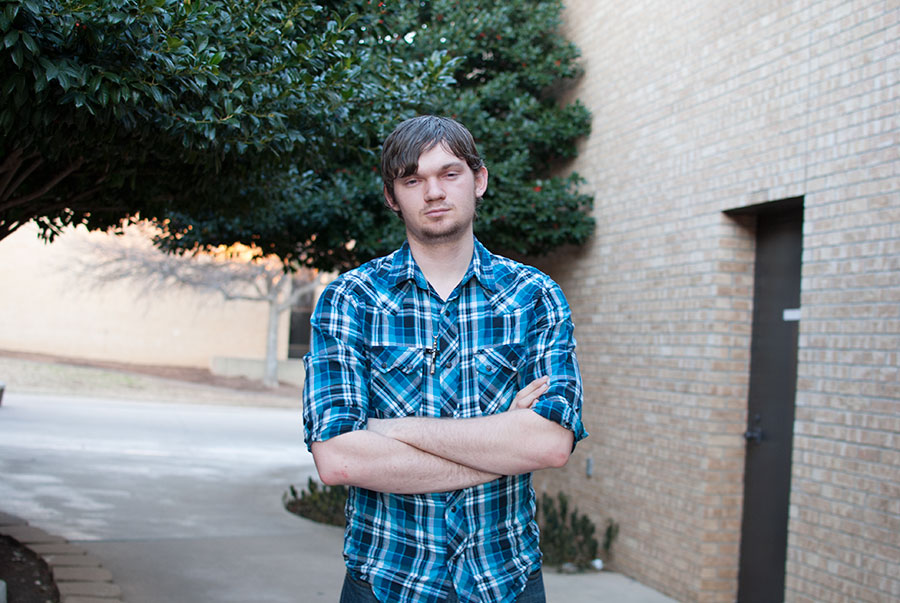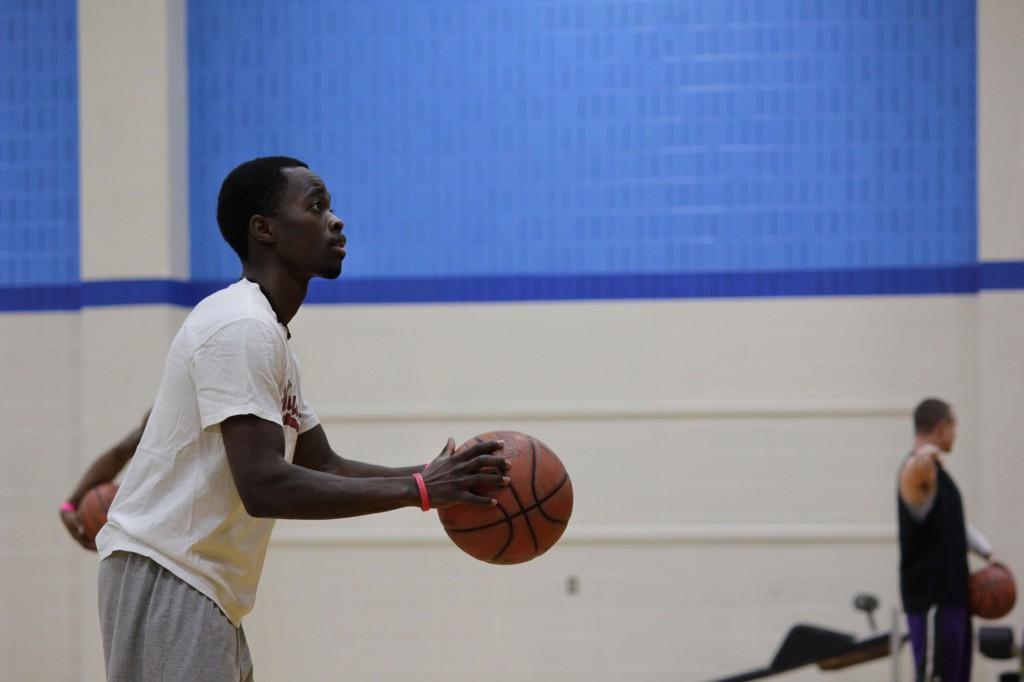By Stephanie Swain/reporter
The semester might be more successful for both students and faculty if each understands what they expect in a course from one another.
“If a person clearly understands what other people expect them to do, then they are more likely to adjust their behavior to get the most rewards and to avoid the most trouble,” said former NW counselor Blair Danz. “So it is wise to know your professor’s expectations, even if you choose not to live up to all of them.”
Like anyone else, teachers will react negatively or positively to their students based on behavior, Danz said.
“The best advice I could give to any student is to treat each professor like a boss,” she said. “And you only have them for a term. Then you get new bosses.”
Reading and referring to the class syllabus is essential, Danz said. Teachers make syllabi for students. They help students and provide a layout of what to expect.
Danz and South geology instructor Kristi Argenbright each have lists of their expectations from students.
Students are adults, and professors consider them to be free and independent adults, Danz said. Therefore, being an adult and making adult decisions is imperative.
“This is not like high school,” she said.
Professors expect students to ask questions in class. If students don’t ask questions, teachers could assume the students understand, are bored or just don’t care.
“Many students are nervous about asking questions in class,” Danz said. “They might think they have a stupid question or that they might irritate the professor. Students tend to think they are the only one who doesn’t understand, and then after class, six people line up to ask the same question.”
Argenbright wants students to ask questions.
“I love questions and have no problem telling a student that I don’t know the answer, but that we could find out,” she said.
Students having difficulties in class should visit their teacher during office hours. Danz suggests respecting the instructor’s time by going to class prepared to ask questions and taking class materials.
“I would love to help more students understand content by tutoring them during office hours,” Argenbright said. “But so few come in for help.”
Danz said professors also expect students to take notes on their lectures.
“With the human brain, understanding does not cause memory,” she said. “So take notes to stimulate your memory.”
She also said students need to do their homework and reading assignments on time. Almost any syllabus outlines assignments and deadlines, so a professor will assume the student is aware of all the requirements and often will not remind students or check up on them.
Danz encourages students to be active listeners, not passive learners. Professors are not magic, she said.
“I love it when students ask questions, share their own thoughts, create discussion,” Argenbright said.
Students also should expect to do some work outside of class, Danz said.
“You should not plan to succeed by simply going to class and skipping the rest of the assignments,” she said.
Lack of respect is one of Argenbright’s pet peeves.
“Students who show lack of courtesy or respect for the teacher, the class, classmates — chronically coming in late, talking, sleeping during class, texting,” she said. “Students who show sense of entitlement. I had a student once who felt that they should pass because he/she came to class almost every day.”
Students have their own expectations. High on the list is teachers who care.
“In high school, a majority of my teachers were concerned with my success. But now that I am in college, I feel like they only teach because they are paid to do so,” said 18 year-old TCC student Mallory Dollar. “I understand that some college classes are huge, but I think professors should still try to be very willing to see every student succeed.”
Most students interviewed said they have had at least one professor they thought didn’t care and found the situation discouraging.
The most common expectation students listed that they had for teachers is passion for what they are teaching.
Cailin Dougherty, in her third year as a TCC student, said she had a surprising experience with science.
“I hate geology,” she said. “But at the end of semester, I ended up loving it because I had the best teacher I have ever had. She was very hands on, enthusiastic and helpful.”
Dougherty credited her success in the class to the teacher’s passion for her subject and her students.
“If every teacher had a passion for what they are teaching and who they are teaching, I can’t imagine how much higher grades would be and how much the student population would increase,” she said.
























